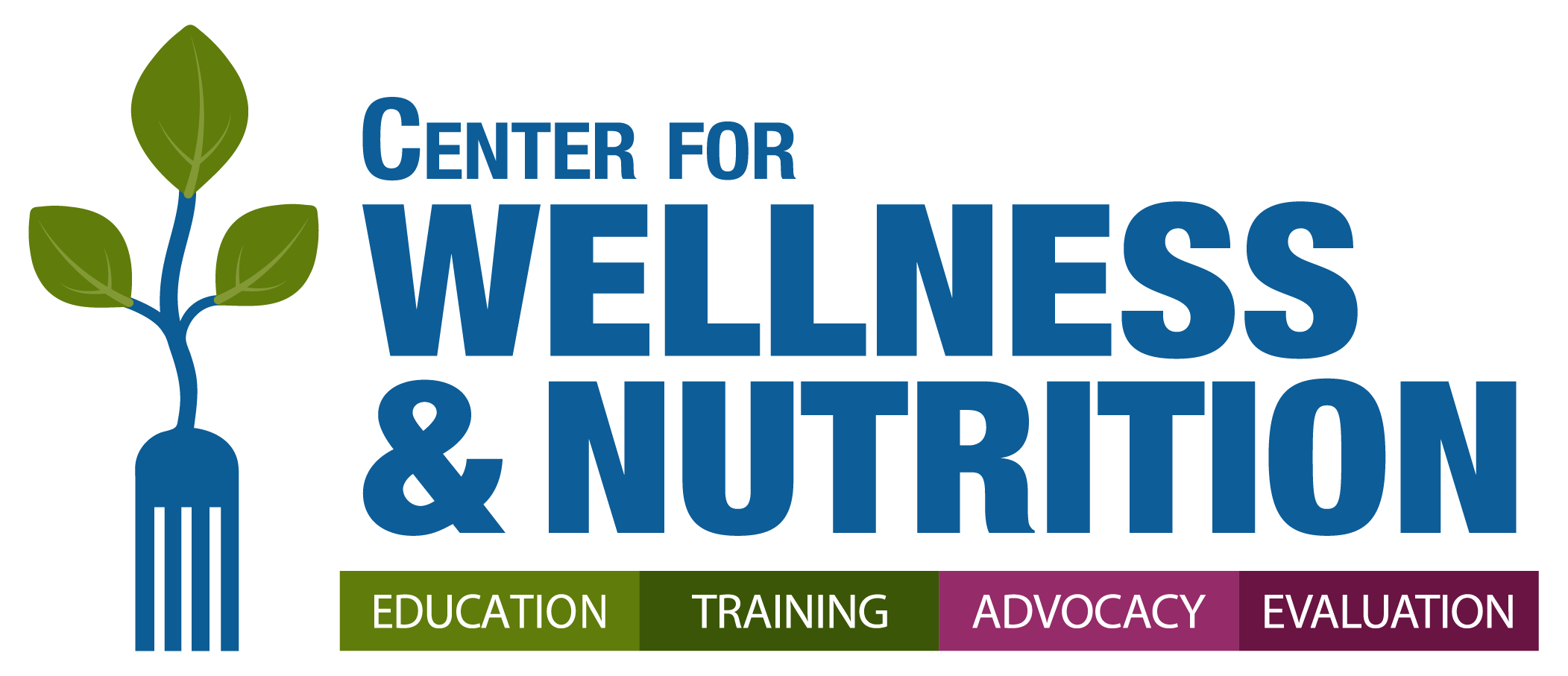Founded in 1964, the Public Health Institute (PHI) is an independent, nonprofit organization with the mission to generate and promote research, leadership, and partnerships to build capacity for strong public health policies, programs, systems, and practices around the world. PHI’s Center for Wellness and Nutrition (CWN) envisions healthy communities in which individuals reach their highest potential and value health as a fundamental human right.
The Global Nutrition and Partnerships Program is a multi-sectoral nutrition and health program at the PHI CWN. The goal of this program is to improve the health of women, children, and communities by building capacity, facilitating partnerships, and working collaboratively across sectors to advance nutrition and resilience in communities around the world.
Meet the Team | Evidence and Impact | Partnerships
Vision
A world where families and communities can access nutritious, local, affordable, and climate-smart foods year-round, facilitating and promoting health and resilience for all.
Mission
Improve household resilience and sustainably address the root causes of malnutrition through innovative, sustainable community-owned strategies and cross-sector partnerships.
Goal
Address the root causes of malnutrition through innovative strategies, cutting-edge research, capacity building, and cross-sectoral partnerships at the individual, household, community, and institutional levels.
Strategy
- We collaborate through cross-sectoral partnerships and innovative, grassroots approaches to improving access, affordability, and consumption of nutritious foods.
- We focus on vulnerable populations in lower- and middle-income countries through a climate-sensitive, sustainable, and scalable framework including building community gardens, nutrition education, financial literacy, and gender equity.
- We design, implement, monitor, and evaluate projects, programs, studies, and policies creating impactful change while generating knowledge and evidence.

Approach
The confluence of poor nutrition, food insecurity, low economic empowerment, and gender inequality contribute to a vicious cycle that prevents equitable and consistent access to health services and nutritious diets in many low- and middle-income countries. Successful nutrition interventions must consider the complex relationships between health, agriculture, food security, and gender. Integrated and holistic interventions using social and behavior change approaches are essential to strengthen and maintain household health and resilience.
The PHI CWN promotes nutrition and resilience by connecting with local community partners including women’s solidarity groups to create sustainable platforms that integrate multi-sector solutions. We believe in listening deeply to our partners and those with whom we work and serve. Building capacity and agency will promote change and sustainability. By combining, customizing, and linking community gardens with nutrition education, health access, and financial inclusion – all with a climate and gender-sensitive lens – resilience at the household and community levels can be increased and sustained. The following are the core sectors that we work within and across, and the foundation of our strategy.
Community Gardens. Support and develop climate-sensitive homes, schools, and community gardens to improve nutrition and food security while linking households to local markets.
Nutrition Education and Access. Improve dietary habits and feeding practices by increasing nutrition knowledge and improving access among households to local food and health services.
Financial Inclusion. Increase financial literacy and link households to local financial services and market opportunities.
Gender Equity and Empowerment. Increase shared decision-making by facilitating dialogue around gender and supporting female entrepreneurs with information and linkages.
Model
PHI CWN works with families and communities through local institutions to build resilience in the face of climate, economic, and health shocks. This scalable approach is customizable, taking into consideration the capacities, needs, and resources of communities throughout Africa, Latin America, and Asia. The strategy is rooted in partnerships, breaking out of silos, and highlighting expertise across sectors to share learning and make a significant impact. Our design and implementation strategy reflect our values, which include:
Engaging through Partnerships such as local community-based organizations, government ministries and agencies, and international and scientific institutions.
Incorporating Human-Centered Design throughout the project life cycle.
Addressing needs through holistic, Multi-Sectoral approaches via collaboration, communication, and engagement with the health, agricultural, and financial sectors.
Designing for Sustainability and Scale so efforts continue at the community level, post-program, and are customizable and replicable across communities.
Building Local Capacity – both organizationally and individually – to effectively implement customized multi-sectoral programs, eventually maintaining and sustaining the programs.

For more information, connect with us at [email protected].

